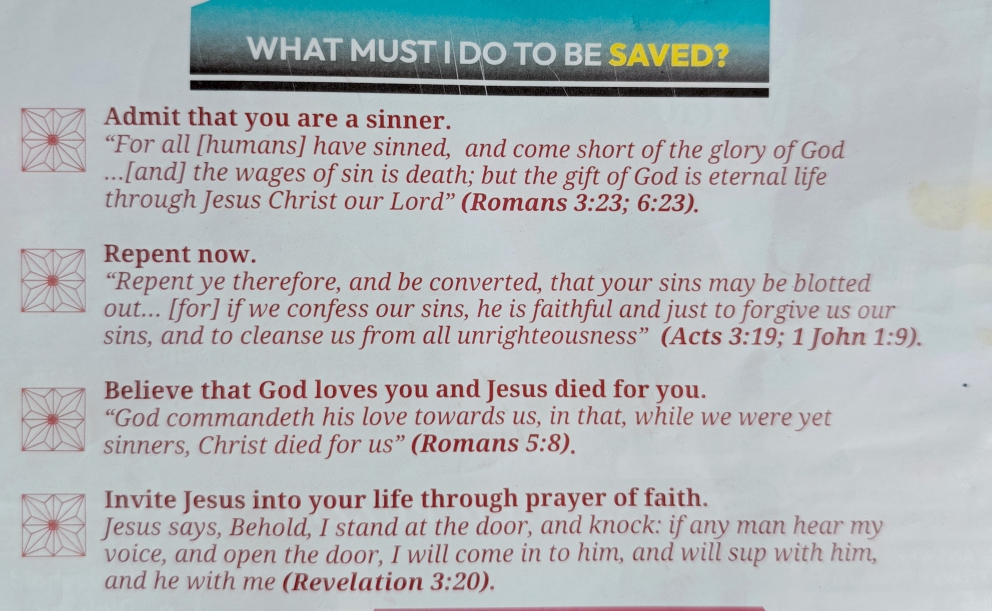Step 1: Improve your English
Asktello.com Latest Questions
CPA marketing, or Cost Per Action marketing This is a type of affiliate marketing where advertisers pay for a specific action completed by the user, such as a sale, lead, click, or other measurable conversion. Unlike traditional advertising models that charge ...
How To Solve Indicial Equation
How To solve logarithms of numbers without using table
How to prevent phishing How is email used to carry out a phishing attack? Phishing is a cyber attack in which an attacker conceals their true identity in order to deceive the victim into completing a desired action. Often, a phishing attack ...
What is green theorem Green theorem states that the double integral along a plane region R can be transformed into a line integral with boundary C.
How to obtain a brown colour Brown is a colour that can be obtained as a mixture of three colours in the same proportion. These colours are Red, Yellow and Blue. As a painter or an art students, you can make ...


